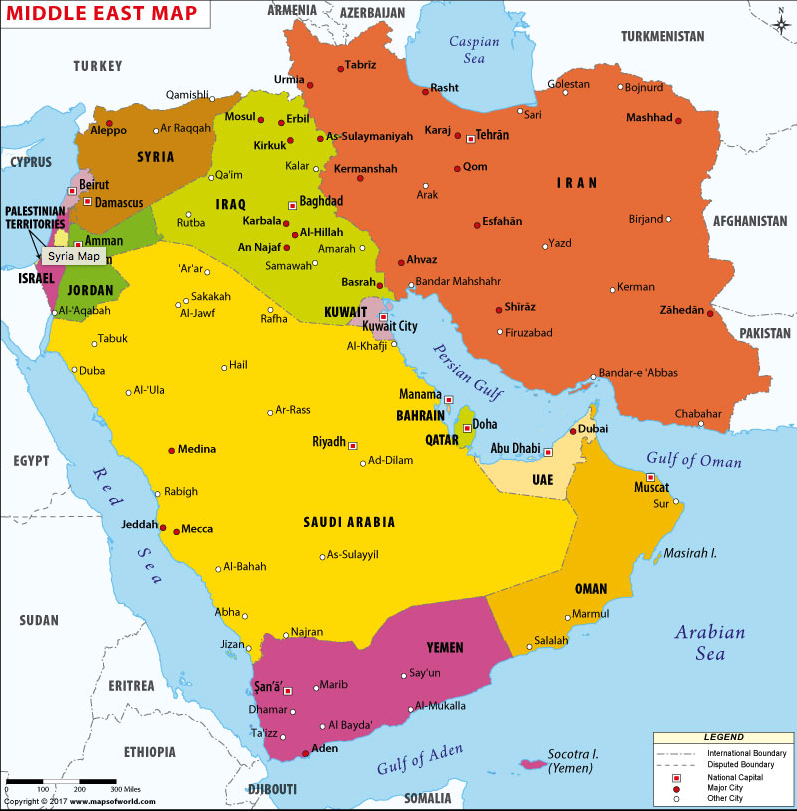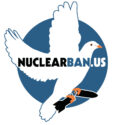Ongoing conflicts in the Middle East could at any time escalate to the use of nuclear weapons and threaten not only the entire region, but the whole world. Israel is one of the nine countries known to possess nuclear weapons, although they do not official acknowledge that they do. The Iran deal of 2015 promised a lifting of international sanctions on that country in return for them giving up on their efforts to build a nuclear weapon. President Trump’s intervention in 2017 has threatened to unravel that deal, which could result in Iran deciding to re-start their nuclear weapons program. That would put Iran on a nuclear collision course with both Israel and the United States.

On the Indian sub-continent, numerous flashpoints between India and Pakistan, especially in relation to Kashmir, threaten to boil over into all-out war as they have many times since the two countries gained independence from the British Empire in 1947. The most recent all-out war between India and Pakistan was the Kargil War of 1999, which took place after both countries had acquired nuclear weapons. Even a so-called ‘limited’ nuclear war between India and Pakistan, involving fewer than 100 Hiroshima-sized bombs landing on each other’s cities, could cause major climate disruption seriously affecting food production and leading to as many as 2 billion people dying of famine, not to mention the immediate deaths from nuclear blasts and the long-term impact of radioactive fall-out which could affect the entire region and beyond.

